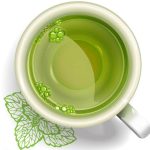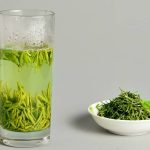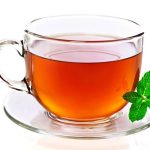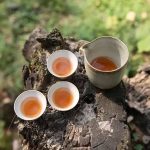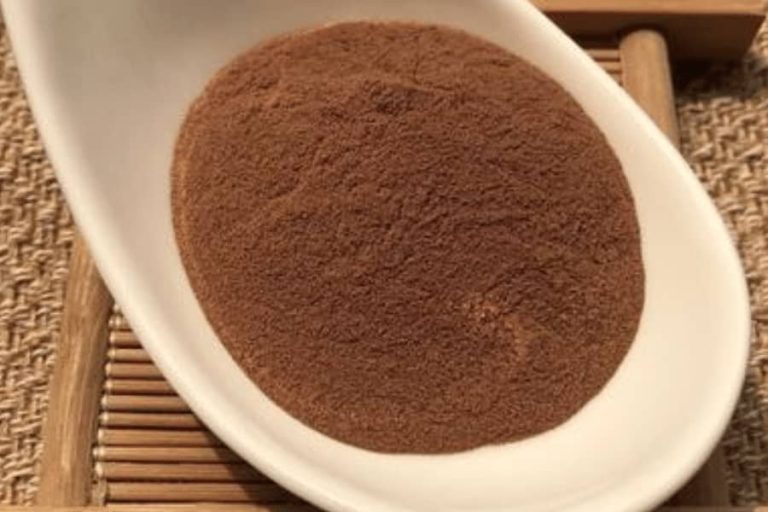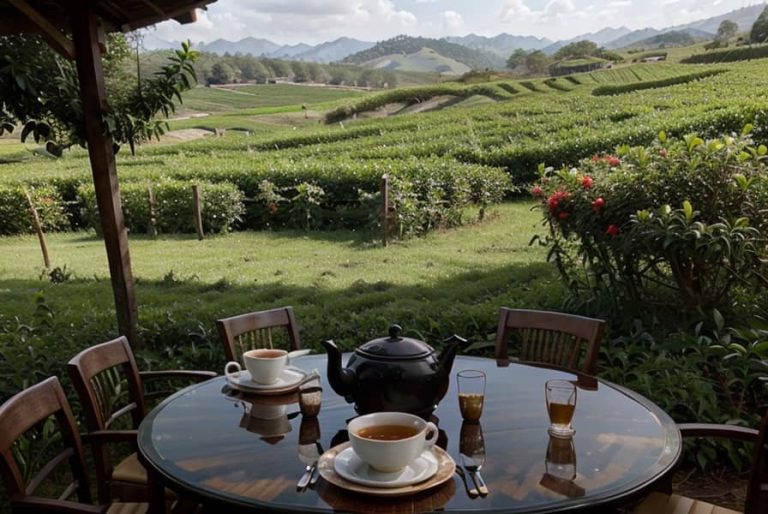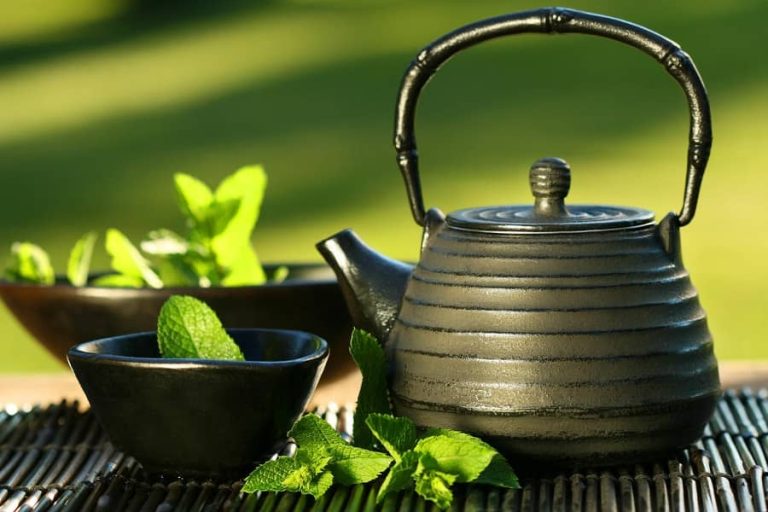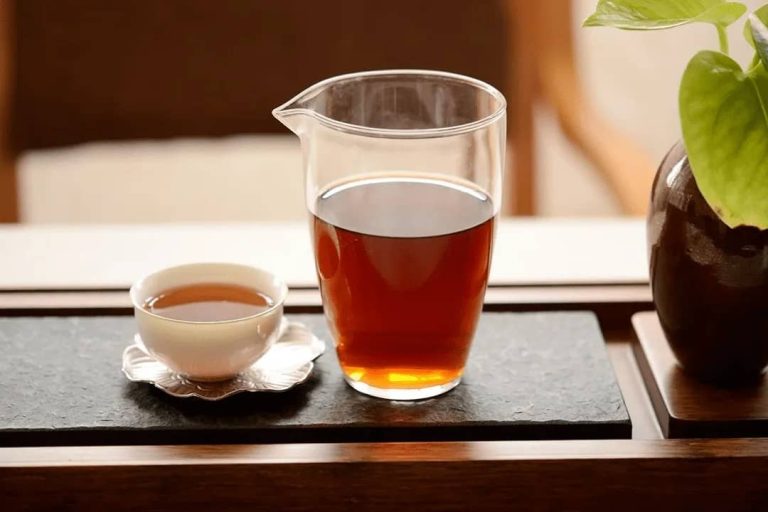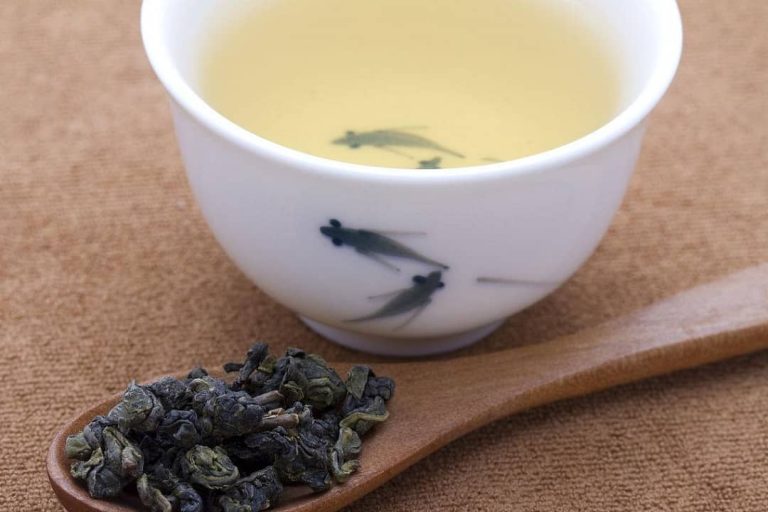How Much Caffeine is in Iced Tea?
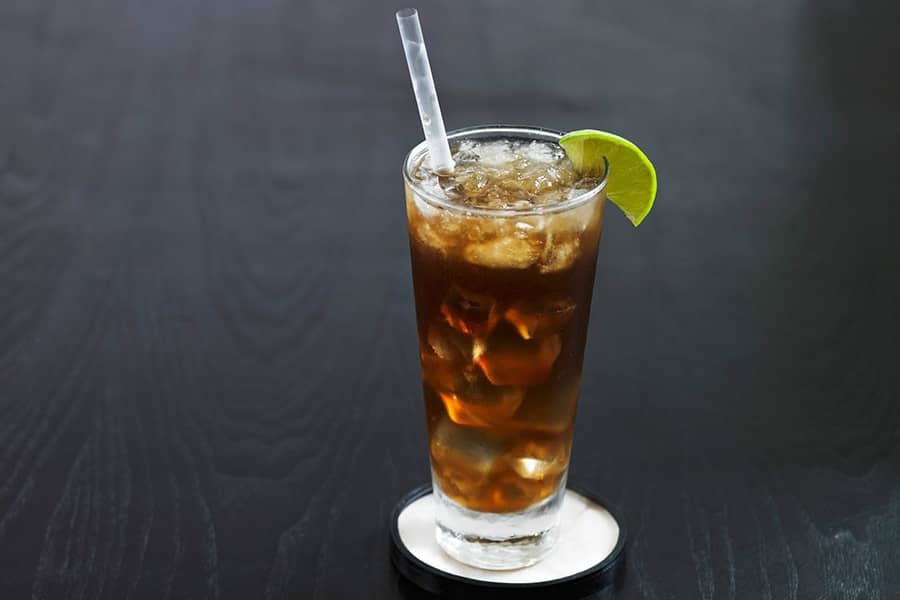
Iced tea is a refreshing drink that many people enjoy during the summer months or as an alternative to hot tea. However, if you are caffeine-sensitive or watching your caffeine intake, it is important to know how much caffeine is in iced tea. In this article, we will explore the caffeine content in different types of iced tea and provide tips on managing your caffeine consumption.
What is Caffeine?
Caffeine is a natural stimulant found in various beverages, including coffee, tea, and chocolate. It works by stimulating the central nervous system, leading to increased alertness and improved mental performance. While caffeine can have some benefits, consuming too much can lead to side effects like anxiety, insomnia, and increased heart rate.
Types of Iced Tea
There are different types of iced tea, including black, green, white, herbal, and blended teas. Black tea is the most common type of tea used to make iced tea and has the highest caffeine content. Green and white tea have lower caffeine levels than black tea but still contain some caffeine. Herbal teas and blends made with fruits or flowers are generally caffeine-free.
Caffeine Content in Iced Tea
The caffeine content in iced tea can vary based on the type of tea and how it is prepared. On average, a standard cup of iced tea contains around 30-60mg of caffeine, depending on the strength of the brew. A typical 16-ounce glass of iced tea can contain up to 90mg of caffeine. However, this can vary based on the size of the glass and the brewing method.
Factors Affecting Caffeine Levels
Several factors can affect the caffeine content of iced tea, including brewing time, water temperature, tea quality, and processing methods. For example, longer brewing times and hotter water temperatures can extract more caffeine from tea leaves. Using loose leaf tea instead of tea bags can also impact caffeine levels.
Comparison with Other Beverages
Compared to other common beverages, the caffeine content in iced tea is generally lower. For example, an eight-ounce cup of coffee typically contains around 95mg of caffeine, while a 12-ounce can of cola can contain up to 30mg of caffeine.
Considerations for Caffeine Sensitivity or Health Concerns
If you are sensitive to caffeine or have specific health concerns, it is important to be aware of your caffeine intake. The recommended daily limit for healthy adults is up to 400mg of caffeine per day, which is equivalent to around four cups of coffee. If you are caffeine-sensitive, consider choosing decaffeinated iced tea or opting for herbal or fruit blends that are naturally caffeine-free.
Decaffeinated Iced Tea
Decaffeinated iced tea is an option for those who want to enjoy their favorite beverage without the caffeine. Decaffeinated iced tea is made by removing most of the caffeine from tea leaves, either through a chemical process or using carbon dioxide. Decaffeinated iced tea typically contains less than 5mg of caffeine per eight-ounce cup.
Tips for Controlling Caffeine Intake in Iced Tea
If you want to reduce your caffeine intake in iced tea, here are some tips:
- Choose herbal or caffeine-free blends
- Use tea bags instead of loose leaf tea
- Dilute your iced tea with water or ice
- Brew your tea for a shorter time period
Conclusion
Iced tea is a refreshing and delicious beverage that many people enjoy during the summer months. While it does contain caffeine, the amount varies by type and preparation. By being mindful of the caffeine content and managing your intake, you can still enjoy iced tea as a part of a healthy diet.






